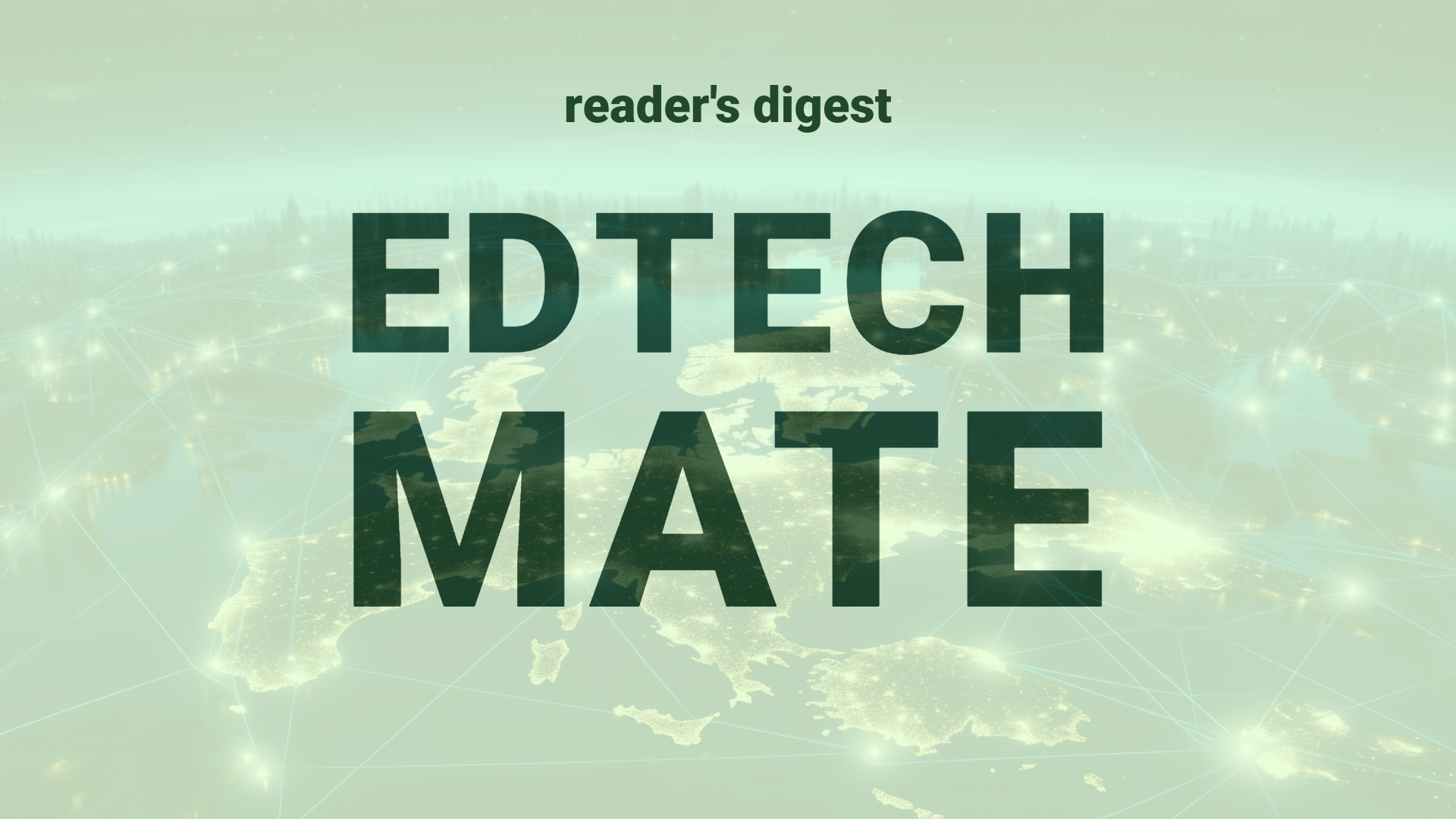Executive Summary and Main Points
The discussion led by Amy B emphasizes the challenges and triumphs associated with advancing from mid-level management to executive positions. The insights are notably provided by leadership development coach Cynthia Pong and Chief Operating Officers Lauren Reyes and Megan Bock. Key innovations and trends within this context are the strategic application of networking, decision-making, and leadership development strategies. The episode sheds light on overcoming structural stagnation within organizations, leveraging executive coaching, and underlines the use of artificial intelligence (AI) in corporate risk assessment by companies such as Federato.
Potential Impact in the Education Sector
The expertise shared by these professionals has the potential to revolutionize Further Education and Higher Education by enhancing leadership competencies in educational administrators and preparing them for the complex demands of executive roles. The insights into network building and decision-making could scaffold the development of strategic partnerships crucial for digital transformation in education. For Micro-credentials, this knowledge could be leveraged to design courses that target specific skills senior managers need to move up to executive levels, with a keen focus on AI and digital skill acquisition.
Potential Applicability in the Education Sector
Innovative applications emerging from this discussion could manifest in AI-driven tools for educational leadership training, predictive analytics for institutional risk management, and data-driven decision-making in formulating strategic partnerships. Additionally, executive coaching practices may be integrated into professional development modules, promoting a culture of leadership that aligns with global education systems. Customized learning paths utilizing Micro-credentials could also accommodate the upskilling requirements for senior educational personnel aspiring to executive roles.
Criticism and Potential Shortfalls
The discussion, while insightful, may overlook the unique cultural and ethical dimensions of leadership in different global education contexts. The case studies and examples presented are not explicitly from the education sector, hence comparability and applicability might be limited. A critical aspect that requires further examination is the disparity in access to networking opportunities and the varying impact of gender on leadership roles across international education landscapes.
Actionable Recommendations
International education leadership could consider implementing mentorship and network-building initiatives modeled after high-status networks described in the resources provided. Introducing AI-enabled tools to simulate executive decision-making scenarios could prepare mid-level managers for eventual promotions. Additionally, investing in Micro-credential courses designed to fill specific skill gaps can prove beneficial for career progression. Finally, educational leaders should be encouraged to actively participate in leadership development courses that reflect the dynamism and diversity of global education systems.
Source article: https://hbr.org/podcast/2024/06/how-to-manage-rising-from-middle-to-senior-management

